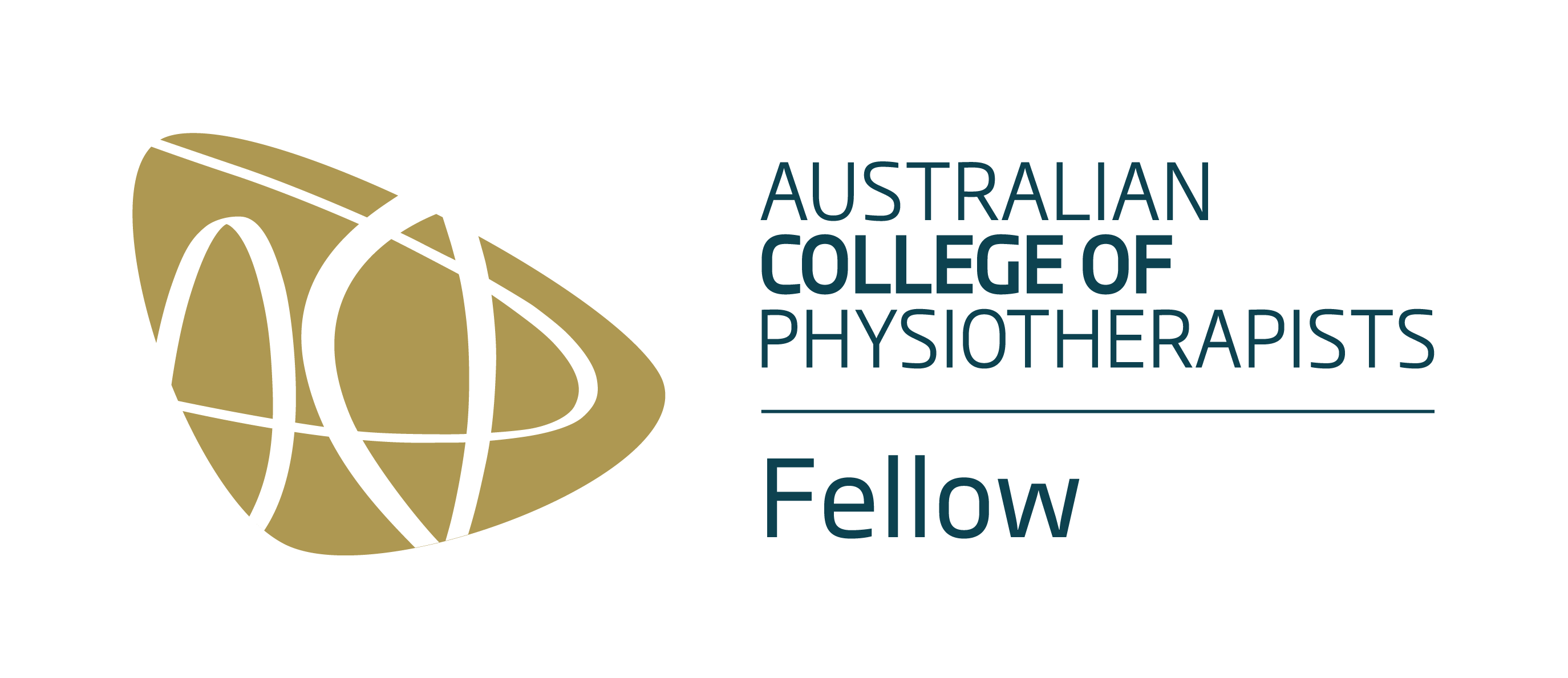
This injury can sprain the soft tissues of the neck. That is the muscles, the ligaments, joints and the nerve tissues. In some cases the pain goes away after a few months while in others it may become chronic, resulting in a limitation of enjoyment of life.
Symptoms of whiplash
- Pain and stiffness in the neck, shoulder and lower back.
- Headaches
- Jaw pain
- Pain and/or tingling in the arm.
- Dizziness
- Ringing in the ears.
- Blurred vision or difficulty reading, watching television.
- There may be cognitive difficulties such as lack of concentration and memory loss.
- Psychological problems; sleep problems, depression, anxiety or irritability.
In severe motor car accidents, whiplash can damage the spinal cord, resulting in neurological dysfunction or paralysis below the level of the injury. Compression injuries can affect the brain, causing hematomas – a serious condition in which blood gathers between the brain and the skull. Hematomas may give rise to loss of consciousness, confusion, double vision and loss of motor skills. People with these serious injuries are seen in hospital as a matter of utmost urgency.
Recovering from whiplash
An X-ray is usually done to see if there is damage to the vertebral column, or an MRI to pick up any soft tissue injury. For the first twenty four hours ice should be applied to the neck to relieve pain. After that heat is beneficial. Your doctor may prescribe anti-inflammatory drugs and in some cases muscle relaxants. Wearing a soft cervical collar is not usually advised as this inhibits movement and decreases muscle strength. ‘Motion is the lotion!’ Some cases of whiplash do not require extensive treatment.
Physiotherapy for whiplash
Getting patients moving as soon as possible has been proven to aid recovery. Therefore, physiotherapy is recommended. We have a specialist musculoskeletal physiotherapist with expert training in this area. The primary focus is to restore relieve the driver of pain and stiffness by joint movements, restoration of proper neck muscle coordination and retraining balance and eye coordination. It is important to have a multi-faceted approach using your doctor and on occasion, counselling to limit fears and anxiety. Walking is also important during this time. We will also supervise functional activities to ensure that you perform these pain-free and return you to your normal activity levels.













